

William Stopford
2026 Porsche Panamera Turbo S E-Hybrid review
1 Hour Ago

Senior Contributor
Volvo Cars says it will slash its share of ocean freight CO2 emissions through the use of biofuels derived from cooking oil.
The company is now paying logistics companies Maersk, Kuehne+Nagel, and DB Schenke to use biofuels for the “equivalent energy needed” in transports of its production materials and spare parts.
The company claims this will reduce fossil fuel CO2 from intercontinental ocean freight by 55,000 tonnes a year – equivalent to a loaded truck driving around the equator 1200 times. The company ships “tens of thousands” of containers each year full of parts and materials.

The fuel used is a Fatty Acid Methyl Esters (FAME) biodiesel produced from vegetable oils, animal fats or waste cooking oils by a process called transesterification. It’s typically blended with marine diesel in container ships, with Volvo claiming 84 per cent lower equivalent emissions.
Maersk said for its part it substitutes fossil fuels on its ships with “second generation biodiesel based on waste feedstocks” to reduce the greenhouse gas emissions of customers’ ocean transport without compensatory measures like offsetting.
The renewable fuel itself is certified and not produced in competition with food crops, according to the carmaker. When this fuel is not available on a shipment, Volvo says its allocation will instead be used in another customer’s route elsewhere. This audited methodology is called mass-balancing.

“Renewable fuel is not the end game for removing CO2 from the world’s ocean freight needs, yet this initiative shows that we can act now and implement solutions that achieve significant results during the wait for long-term technological alternatives,” said Volvo Cars COO Javier Varela.
“We don’t view this initiative as a competitive advantage. On the contrary, we want to spark other car makers into action as well, to increase demand for carbon efficient ocean transports and to establish renewable fuels as a mid-term solution that works. We all have a responsibility to act.”
Volvo didn’t say what it’s move would cost, though this report from the International Energy Agency claimed the average production cost of such biofuels is double to triple that of fossil fuel equivalents, though noted it could decline by as much as 27 per cent over the next decade.

Volvo has previously announced plans to only make electric cars from 2030, but plans an even earlier 2026 start point for Australia. It plans to reduce its lifecycle carbon footprint per car by 40 per cent between 2018 and 2025, which requires a 25 per cent cut in operational emissions, including logistics.
Biofuels are biomass-derived fuels from crop plants or waste, such as cooking oil or food waste. While the vast majority globally is used in trucks, it’s becoming more common in hard-to-abate sectors like shipping.
Drop-in biofuels are comparatively easy to use in the current supply chain as a replacement of conventional fossil fuel as they require no changes to the vessels before obtaining a significant carbon emissions reduction.
According to Maersk, at least 150 world voyages were done with container ships fuelled with mixtures of advanced biofuels in 2022. It claims minimum savings of 65 per cent versus the fossil fuel alternative on a lifecycle basis.
“When producing biofuels, it is truly important to prioritise their traceability and the enforcement of appropriate methodologies to determine the carbon emissions,” the company added.
“The chain of custody must be controlled and verified at each stage of the supply process. This allows end users to have confidence that the resulting biofuel will meet the sustainability standards that are essential for the continued growth and adoption of renewable energy sources.”
For its part Volvo says its claims of 84 per cent CO2 savings are factoring in emissions from production and use of the equivalent amount of energy, so called Well-to-Wake (WTW).
MORE: Interview – Why did former Dyson boss join Volvo as CEO? MORE: Volvo says autonomous cars a ‘long way off’, and people know it MORE: Volvo says facelifts to make way for ‘brainlifts’
Go deeper on the cars in our Showroom, compare your options, or see what a great deal looks like with help from our New Car Specialists.


William Stopford
1 Hour Ago
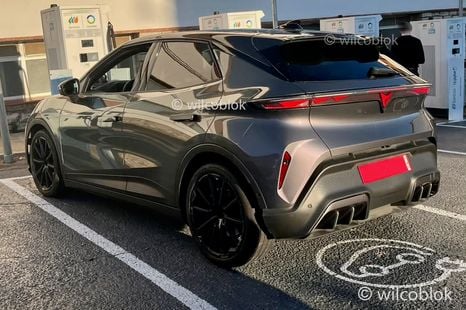

Ben Zachariah
9 Hours Ago
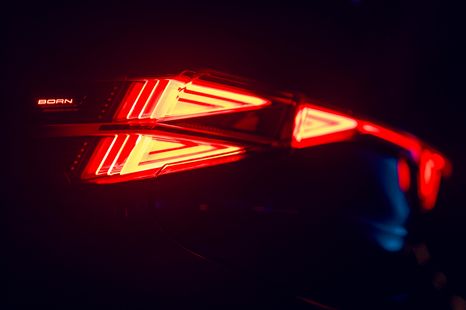

James Wong
11 Hours Ago

Damion Smy
12 Hours Ago
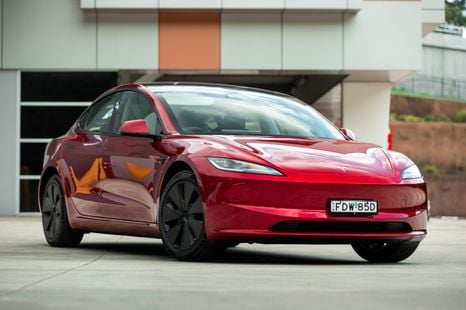

Damion Smy
13 Hours Ago
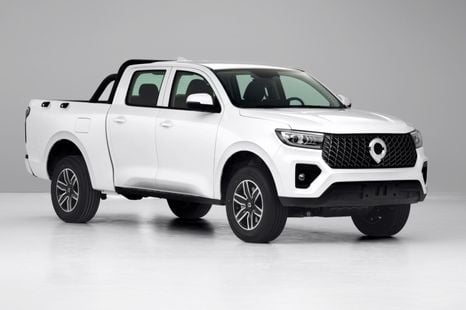

James Wong
13 Hours Ago
Add CarExpert as a Preferred Source on Google so your search results prioritise writing by actual experts, not AI.